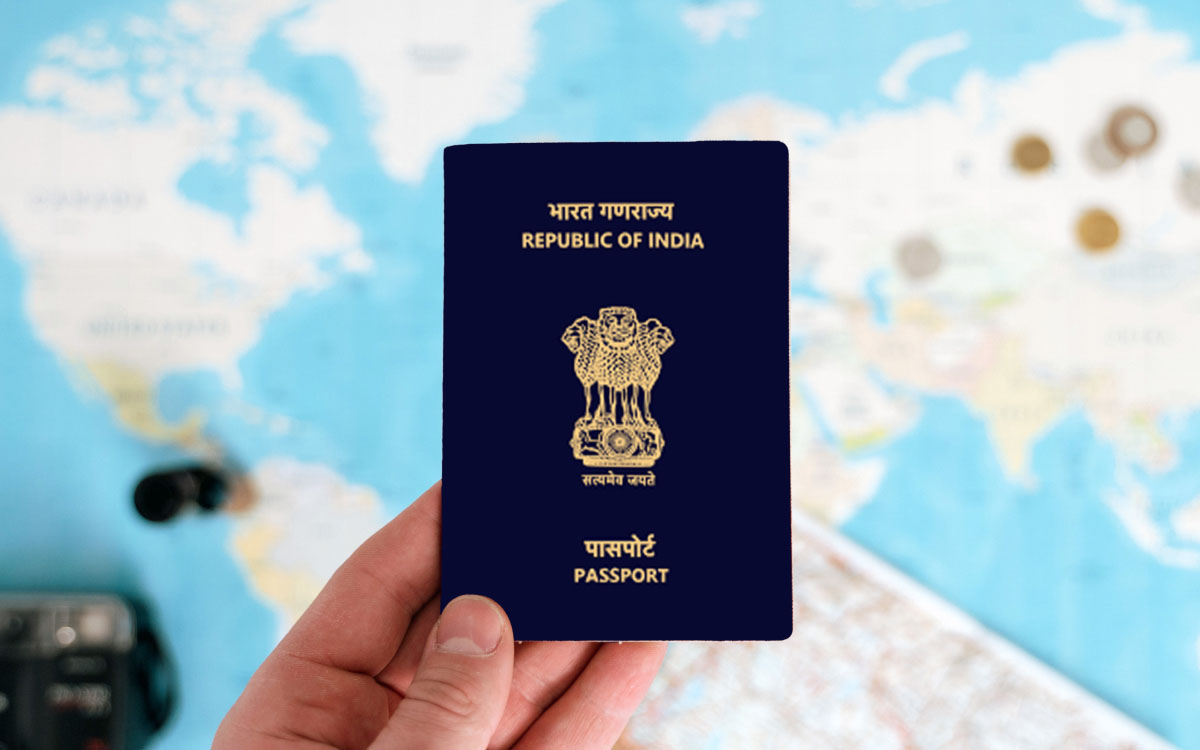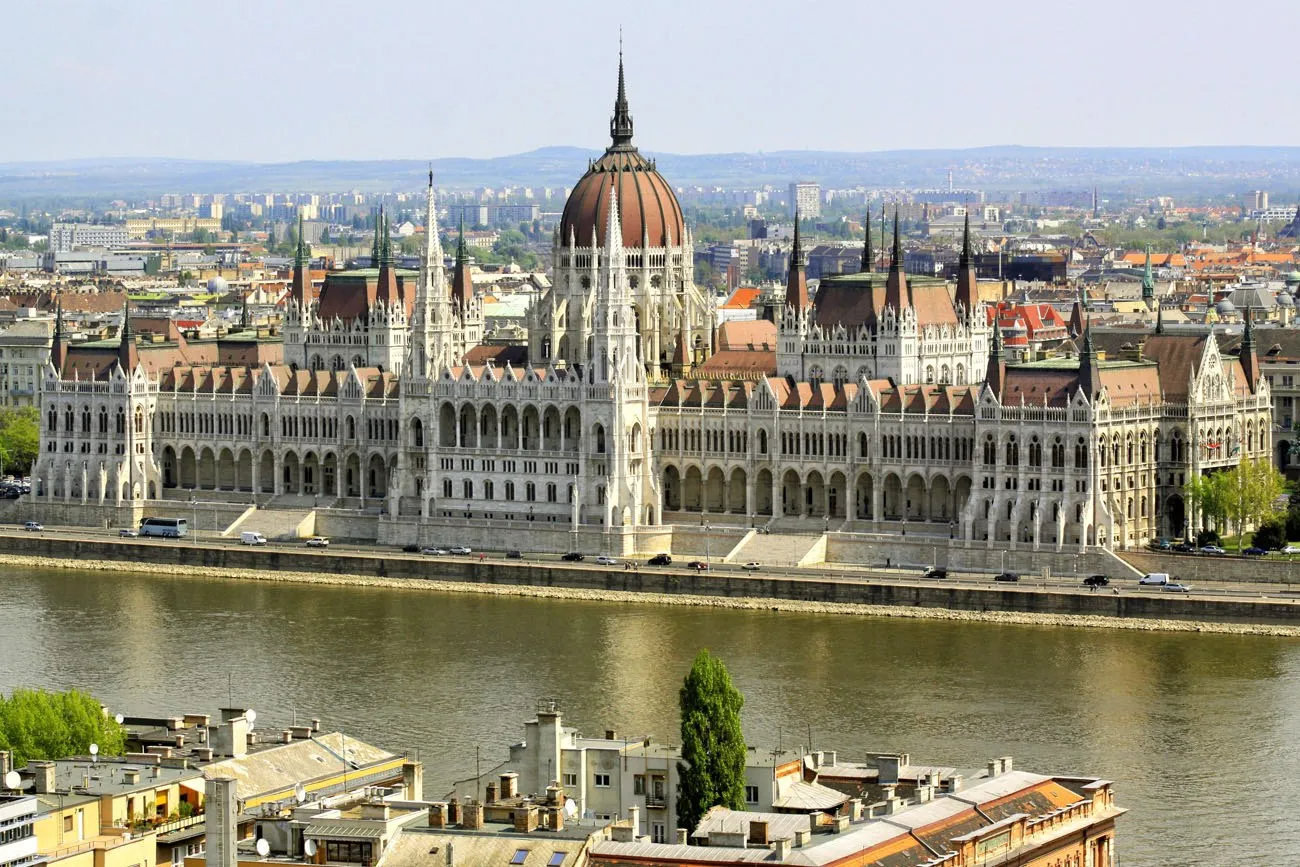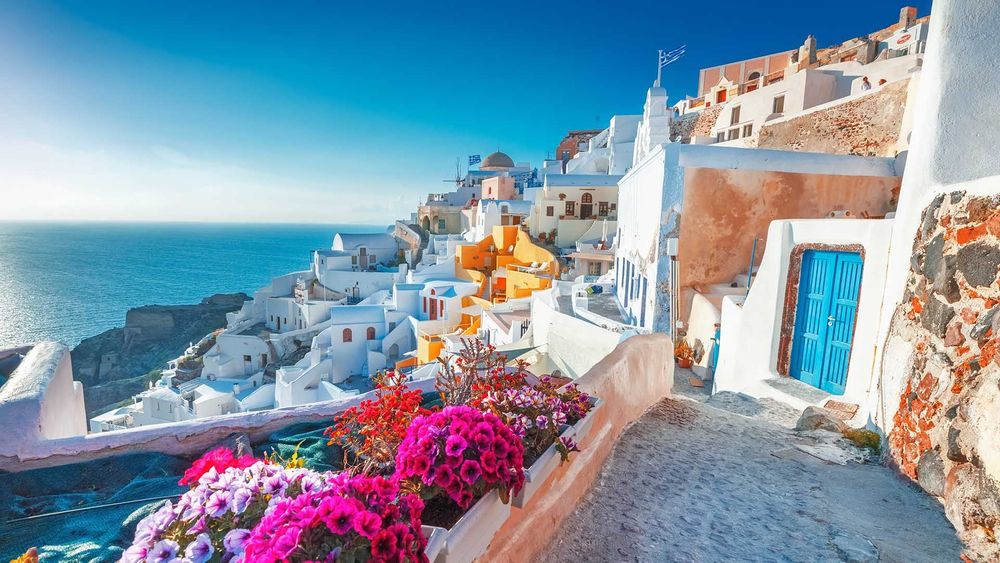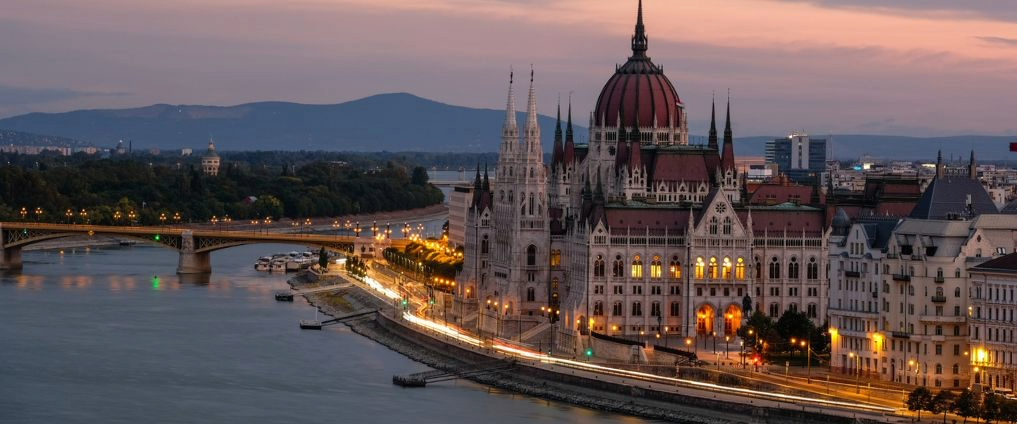Introduction
Vanuatu is an archipelago in the South Pacific that is fast becoming a prime destination for people who would like to immigrate to Vanuatu. With its pristine beaches, lush landscapes, and friendly communities, Vanuatu provides an idyllic environment for both individuals and families looking to escape the fast-paced life of larger cities. It is particularly appealing to retirees, investors, and those seeking a second citizenship or a peaceful relocation option.
The immigration options available within the country address a wide range of needs, from the CBI program to residency permits and business venture opportunities. Among them, the CBI program has been in the international spotlight, as it offers relatively faster processing times and attractive benefits such as visa-free travel to more than 130 countries, coupled with a tax-friendly environment.
For those not immediately seeking citizenship, Vanuatu also offers residency permits, which can be granted to individuals based on employment, investment, or financial self-sufficiency. Whether you are looking to permanently reside or seeking a second home, Vanuatu offers numerous pathways to make that transition smooth and efficient.
In this guide, we will show you the step-by-step immigration process to immigrate to Vanuatu, take a closer look at the main ways of immigrating, what kind of documentation is needed, costs, and benefits of living in this piece of tropical heaven. Whatever your goals-be it escaping to a tranquil island lifestyle or a strategic business investment-Vanuatu has your ideal setting.
Immigration Pathways
Immigrate to Vanuatu: Your Path to a New Life

Some pretty interesting routes for immigration are available to individuals who would love to reside in Vanuatu, considered one peaceful South Pacific paradise. The popular options include the Citizenship by Investment Program, which is outstanding because of its full citizenship option in consideration of a non-refundable financial contribution against the Development Support Program. The program offers a visa-free access program to more than 130 countries, tax-free living, and it takes about 1-2 months to process. The usual minimum contribution for a single applicant is around USD 130,000, but additional fees may be applied with dependents.
Others come merely out of curiosity to live in the beautiful Island country of Vanuatu or for reasons other than getting immediate citizenship. So for them, Vanuatu offers temporary and permanent residences. Temporary residence could last within 1-3 years and is renewable as influenced by employment, investment, or financial self-sufficiency. After temporary residency for a number of years, one can eventually convert to permanent residency; he will be entitled to rights of long-term residence as good as access to country healthcare or education.
Besides that, Vanuatu attracts business owners and entrepreneurs alike. The possibility of receiving a work visa or residency permit is open, insofar as business activities will enable the investor to enjoy the country’s low-tax regime and a good business climate. Furthermore, qualified manpower in such fields as tourism, agriculture, and construction also creates opportunities for job seekers in the country.
Vanuatu allows dependants, such as spouses and children under 18, to be included in an application for families that want to immigrate together. This will make it easier for the family to settle in the country and enjoy equal benefits with the primary applicant, whether it is for citizenship or residency. This flexibility makes Vanuatu an appealing choice for those looking to relocate with their loved ones.
Citizenship through Investment (CBI)
The easiest way to get the citizenship of the Republic of Vanuatu is to use the CBI program. This is a program targeting high-income earners who need a second passport in return for an investment toward socio-economic development. The CBI of Vanuatu offers a bundle of advantages: visa-free traveling to more than 130 countries, including the European Union and the United Kingdom. It also provides the opportunity for tax-free living, with no income, capital gains, or inheritance tax.
The application for this program includes a non-refundable donation to the Development Support Program: a minimum of about USD 130,000 contribution from single applicants and higher if there are dependants. Its processing is relatively fast-it is, actually, one of the fastest options available in the market today. The estimated length for processing an application within the program is around 1-2 months. Hence, this is quite an ideal investment route toward gaining a wider citizenship perspective among the globally mobile businessmen and lovers of peaceful, tax-free life.
Residence Permits
For those who do not aim to immediately acquire citizenship but would like to live in the country, Vanuatu offers different types of residency. In principle, Vanuatu has temporary residency permits, usually granted for 1-3 years, depending on the situation of the applicant. These can be extended or changed to permanent residency after a certain period, usually 5 years of continuous residence. Temporary residency can be obtained through work, investment, or proof of financial self-sufficiency.
Permanent residency in Vanuatu is a privileged status that comes with the same rights as for citizens, including access to the healthcare and educational systems of Vanuatu. The procedure for getting permanent residency includes proving your long-term commitment to the country, which may include owning a business, having investments, or maintaining a residence. Applicants are usually granted permanent residency if they contribute to the economy or have family members in the country.
Employment Opportunities
The economy in Vanuatu is growing, and foreigners can explore different avenues in contributing to the country’s development. The key sectors in the country include tourism, agriculture, and construction. In addition, hotels, agriculture, and development infrastructures, among many other high demands require trained labor since the Vanuatu government to date invests in sustainable growth projects. When going to work in Vanuatu you will get a work visa, for which obtaining, you must secure employment offers with a local employer.
As regards the investors and businesspeople, the environment is conducive in Vanuatu. The country has a low-tax regime, apart from the ease of doing business, which makes it an ideal destination for setting up a new company. Investors can also apply for a work visa if they are actively engaged in a business venture. The process is relatively straightforward, with proof required of the company’s registration and compliance with local laws. With Vanuatu’s growing emphasis on attracting international business, entrepreneurs will find many opportunities to contribute to the economy while enjoying the benefits of living in a tax-free environment.
Family Immigration
Another advantage of citizenship in Vanuatu is the fact that applicants are allowed to add family members to the immigration process, making it easy for those intending to relocate with their families. Family members expected to be included in this application are a spouse, children under 18 years of age, and dependent adults. An aspect such as this will make Vanuatu a good destination for families seeking to enjoy a peaceful lifestyle and economic benefits of the country together.
Family members can be included in the application for citizenship or residency in Vanuatu, which would accord them with the same privileges as the applicant. In addition, the laid-back atmosphere and community-based lifestyle of Vanuatu make it a very good destination for families to settle down in a safe, tropical location. Immigration for families is simple, with family members receiving residency or citizenship on the same terms as the principal applicant, which allows for an easy transition into life in Vanuatu.
Requirements and Documentation

Of course, the documents necessary for immigration to Vanuatu depend on the chosen method of immigration, but all applicants normally need to show proof of their identity, financial stability, and a clean criminal record. In the Citizenship by Investment program, several documents shall be prepared, including but not limited to a valid passport, birth certificate, police clearance certificate, medical records, and proof of funds. Other additional, a background check to confirm financial legitimacy is required by a request for application forms on one’s behalf.
Similar documents will be needed from those who apply for residency permits: proof of employment, business ownership, or adequate finances for sustenance during one’s stay. The CBI program usually has relatively swift processing, taking 1-2 months to get approval, while the time for a residency permit will take more or less depending on the applicant’s situation and the type of residency applied for. All the required documentation should be collected well in advance to avoid last-minute rushes and additional costs of government fees, legal assistance, and medical exams.
Living in Vanuatu
Vanuatu has a very special and serene lifestyle in the tropics. The general cost of living is moderate, and some goods and services have a higher price due to geographical isolation. Basic cost of living-food, utilities, and transportation-is rather inexpensive, especially if one buys locally grown produce. However, the imported goods, particularly things like electronics, luxury items, and even certain foods, are much more expensive.
Housing costs in Vanuatu can be quite different depending on location and the type of property. In Port Vila, the capital city, the rental prices for a one-bedroom apartment in the city center range from USD 700 to USD 1,500 per month. For larger properties or those located in more exclusive areas, rental prices can go as high as $3,000 to $5,000 per month. Outside of the city, rents can be considerably lower; prices for rural or less developed areas start at USD 500 per month for modest accommodations.
Utilities like electricity, water, and internet may also be a little more expensive compared to larger countries because of the Vanuatu location. The cost of electricity per month is in the range of USD 100 to USD 250, depending on your usage and if you have air conditioning. Water bills are generally very affordable, with an average of USD 30 to USD 50 monthly. Internet costs vary: the average charges for a month’s standard connection range from USD 80 to USD 150.
Healthcare in Vanuatu is both public and private. Public healthcare is rather basic but generally adequate for most regular medical needs. However, most expats would still prefer private health care, which is more comprehensive but often more expensive. The cost of a private medical consultation ranges from USD 50 to USD 100 per visit. For more complex treatments, many expats travel to nearby countries such as Australia, since the healthcare infrastructure in Vanuatu is not equipped to address all medical conditions.
Schools in Vanuatu are found in both public and private settings. Public schools are free, but the quality is generally not good enough to be satisfactory for most expatriates. Most expats would prefer private or international schools for quality purposes. Most of these schools use the international curriculum, normally based on the Australian or New Zealand education system. Tuition in private international schools typically ranges from USD 2,000 to USD 10,000 per year, depending on the school and grade level.
Generally speaking, while Vanuatu can be more expensive than some of the other Pacific countries because of its remoteness, the payoff is a tranquil, tax-free lifestyle amidst a breathtakingly beautiful natural environment. It strikes a very good balance between affordable living for the basics and providing opportunities for luxury lifestyles or quieter, less active retirements.
Advantages of Immigration to Vanuatu

It has much to offer people immigrating to this country, which is one of the reasons it is considered a great destination for investors, retirees, and people wanting a new life in a tropical paradise. The first major plus for Vanuatu is its tax-free living. No income taxes, capital gains taxes, or inheritance taxes exist, making it appealing to those seeking to minimize their tax load. This creates a peculiar financial environment where individuals and businesses can retain more of their income and wealth, thus making it a particularly popular destination for investors and entrepreneurs.
The second and more critical benefit of living in Vanuatu is dual citizenship. The country of Vanuatu allows dual nationality; that is, the applicant may hold the citizenship of another country concurrently with the citizenship of Vanuatu. It’s an excellent way for one to retain ties to his/her country of origin while experiencing all the global mobility and tax benefits that come with Vanuatu. Citizens of Vanuatu have visa-free or visa-on-arrival access to over 130 countries, including the European Union and the United Kingdom, making it a very popular option among those valuing greater international freedom.
Another big plus for Vanuatu is its natural beauty: pristine beaches, lush forests, and vibrant marine life offer a relaxed, peaceful lifestyle. Whether snorkeling, diving, hiking, or just enjoying the natural surroundings, Vanuatu offers a peaceful environment that allows for a slow pace of life. The island communities are close-knit, and it is generally easy for expats to integrate and make lasting relationships.
Last but not least, there is the entrepreneurship and investment opportunities available within Vanuatu’s growing business environment. The country at large is gaining more popularity among international businesses because of its low-cost, low-regulation business landscape. From the perspective of opening a company, investing in real estate, or agriculture, one finds the environment in Vanuatu favorable. Its stability, along with its pro-business policy, makes for an excellent platform for creating wealth, as one intends to maintain a peaceful and secure lifestyle.
Tips for a Smooth Immigration Process
Immigration to Vanuatu can be straightforward, but it does take some preparation for it to be smooth. The most important steps will probably be consulting a reputable immigration consultant or legal advisor. Although the process is relatively simple, using an expert to guide you through paperwork, legal requirements, and application procedures will help avoid unnecessary delays or mistakes. Additionally, a professional can give good advice on recent regulations and requirements to make the application process smoother.
Other important advice is to prepare all the required documents well in advance. This includes your passport, proof of identity, clean criminal record, financial records, and health checks, which are generally required for most immigration pathways. Ensure that all the documents are current and address the specific requirements of Vanuatu’s immigration office. Missing or incomplete documents will delay the processing of your application; hence, one should ensure that everything is in order before making the submission. Finally, if the documents are neither in English nor French, getting them professionally translated can make your approval faster.
It is similarly important to know the timeline for each immigration process. While the application for CBI generally takes 1-2 months, a residency permit may take longer, depending on individual circumstances. One needs to plan for it by considering background checks, medical tests, and the government’s time to process it. Being well prepared and anticipating any delays can minimize stress and make it an easier process.
Lastly, be prepared for surprises. Immigrations sometimes face delays from things like added background checks and higher demand for residency than available spots. Being patient and flexible while also acting actively with regard to the emerging problems will surely help smooth the whole process out. It would be useful to keep a good plan and an idea of who to ask in case some obstacles stand in the way of achieving your goal.
Conclusion
Emigrating to Vanuatu offers a great opportunity to stay in a peaceful, tax-friendly environment with stunning natural beauty. Be it seeking a second citizenship, retirement, or investment in the economy in growth, the various immigration routes in Vanuatu can offer flexibility and major advantages. From the fast-track Citizenship through Investment program to residency options aimed at long-term stays, Vanuatu provides a friendly and straightforward way for people to build a new life.
No income tax, no capital gains, and no inheritance taxes, coupled with the option of dual citizenship, make Vanuatu an ideal destination for people who are looking for financial freedom combined with a high quality of life. The laid-back lifestyle in this country, put together with the emerging business opportunities, makes it an equally attractive choice for entrepreneurs, retirees, and investors alike.
It’s now time to take this to the next step: to research in depth immigration options to Vanuatu and initiate the processing to secure your future in this island paradise. Seek out an immigration professional, begin assembling documents, and start on the journey to become a part of this dynamic, growing island community.










